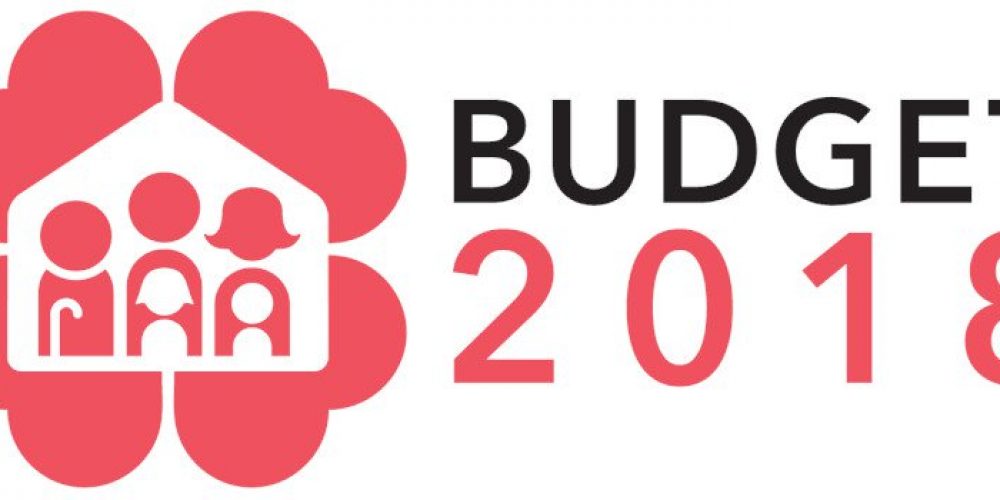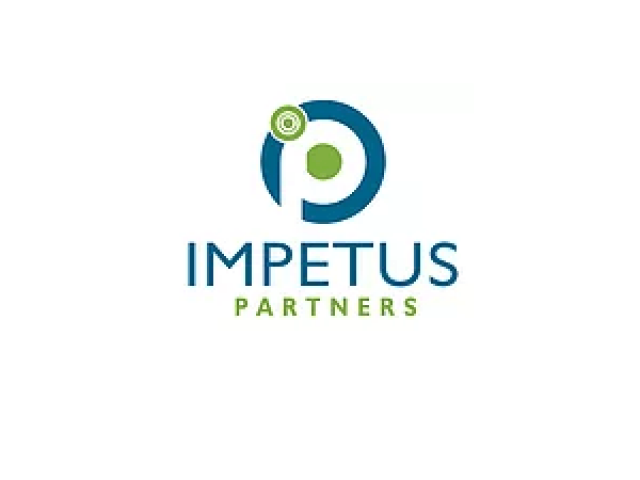With the release of Singapore’s Budget 2018, Small and medium-sized enterprises (SMEs) in the country have plenty to rejoice. If you are a small business owner, it will do you much good to read up on the support the government can offer you. Here is a link to the “Support for SMEs” measures on the Budget 2018 official page.
There is a lot of information to digest regarding the new Budget 2018. To make things simple, we have broken things down and summarised the 5 most important things small business owners in Singapore need to know. Keep in mind, there are plenty of other initiatives to take note of. So, if you want a more comprehensive understanding, here’s a link to the official SME Portal page, where all relevant information relating to businesses in Singapore can be found.
Without further ado, let us begin.
1. Near Term Measures
Having a challenge you need to overcome in the short term? In all likelihood, there is some way that the government can help you. From Budget 2018, here are some ways SMEs can get much-needed assistance.
Wage Credit Scheme- SMEs can receive co-funding for qualifying wage increases to Singaporean employees who are earning a gross monthly wage of up to $4000. 20% for 2018, 15% for 2019, and 10% for 2020.
Corporate Income Tax (CIT) rebate – 40% of tax payable, capped at $15,000 for YA2018; and 20% of tax payable, capped at $10,000 for YA2019.
Special Employment Credit (SEC) and Additional SEC – SMEs can apply for a wage offset of up to 11% of eligible workers’ wages.
SME Working Capital Loan – For loans up to $300,000, the government can co-share 50% of the default risk.
2. Overseas Expansion and Partnerships
Looking to expand your business beyond the borders of Singapore and access overseas opportunities? Here are some relevant pointers from Budget 2018.
Financial Support – In the 4th quarter of 2018, the Enterprise Development Grant (EDG) will be launched, aimed at building capabilites and internationalisation of local businesses. It grants up to 70% support for qualifying companies.
For pre-scoped activities like the setting up in an overseas market, SMEs can apply for the Market Readiness Assistance grant, which will provide up to 70% funding support.
In addition to the grants above, there will also be a double tax reduction for Internationalisation. 200% tax deduction on the first $150,000 of qualifying internationalisation expenses for each YA.
Access to in-market advice and networks – Over 35 Overseas Centres offer in-market advice and assistance, including link up with established in-market service suppliers in six key markets, like co-working space, market advisory and business-matching. For access to overseas partners, there is also the Global Innovation Alliance, where local SMEs can seek overseas partners for co-innovation and market expansion.
Singapore has a network of 22 implemented Free Trade Agreements/ Economic Partnership Agreements which can be better taken advantage of. Here is the official link to the online portal for more information.
PACT – Funding support to support collaborations between firms of all sizes, including capability building, co-innovation and accessing overseas opportunities
3. Manpower
For SMEs who wish to build up their human capital, here are key programs that will aid just that.
SkillsFuture – SkillsFuture is a movement initiated by the government to provide Singaporeans with the opportunities to develop skills needed in the workplace. Its Earn and Learn programme provides structured career development programmes to groom and retain suitable fresh graduates from ITEs and Polytechnics. SkillsFuture provides SMEs with funding support to train workers. There’s also a mentorship program called SkillsFuture SME Mentors where mentors can be assigned to help a SME strengthen capabilites to attract and develop talent. For more information, here is a link to the SkillsFuture official page.
ASEAN Leadership Programme – An initiative of Budget 2018, it helps entrepreneurs understand, build networks in, and plan business expansions to the vast Southeast Asian markets.
Capability Transfer Programme – SMEs can plug capability gaps in their local workers by engaging foreign specialists to transfer capabilitiess, or sending local workers for training abroad, with funding support and work pass facilitation
Lean Enterprise Development Scheme – In this scheme, funding and transitional foreign manpower support is available to help SMEs become more manpower-lean.
4. Adoption of technologies
For SMEs who wish to adopt existing technology to improve productivity and competitiveness, here are some measures in place.
Productivity Solutions Grant – Up to 70% funding support for adoption of pre-scoped
productivity equipment and IT solutions
SMEs Go Digital programme – Here, SMEs can obtain step-by-step advice and funding support to build stronger digital capabilities to optimise workflow.
SME Digital Tech Hub – Seek specialist advice for advanced digital needs, e.g. data analytics
and cybersecurity
5. Research and Development
R&D is especially important in any company to keep it competitive in today’s increasingly digital age. Fortunately for business owners, there are a host of measures Budget 2018 has outlined to help SMEs in this aspect.
Open Innovation Platform – This is a network of entrepreneurs that collaborate to solve problems in their industries. Here, you can get matched to problem-owners or solution providers to collaborate and tackle industry problems through digital solutions.
A*STAR Collaborative Commerce Marketplace – In this initiative, SMEs can search for independently-verified solution provider, or firms with complementary capabilities to pursue business opportunities.
Startup SG schemes – This is the platform for Singaporean startups. It provides entrepreneurs with a launch pad and a platform to connect them to the global stage and access to local support initiatives. Here, entrepreneurs can access suite of schemes, including early stage funding for commercialisation of proprietary technology, programmes to catalyse private sector funding, and manpower and infrastructure support.
Financial Support for Research – For SMEs who wish to engage in research, and acquire IP
and technologies to create new sources of competitive advantage, there will be a tax deduction from YA2019 to YA2025. Below is the table illustrating the amounts.
========================================================================
Do note that the above list is not at all exhaustive. There are plenty of other ways SMEs can seek governmental aid. Do visit the official Budget 2018 page for more information.
If you are now discovering how conducive Singapore is for starting a business, it’s not too late! You can start a business very easily in Singapore. Start your journey here at IncorporateSG! If you are interested in learning more about the entrepreneurial journey, we have a host of articles for you to read right here.























